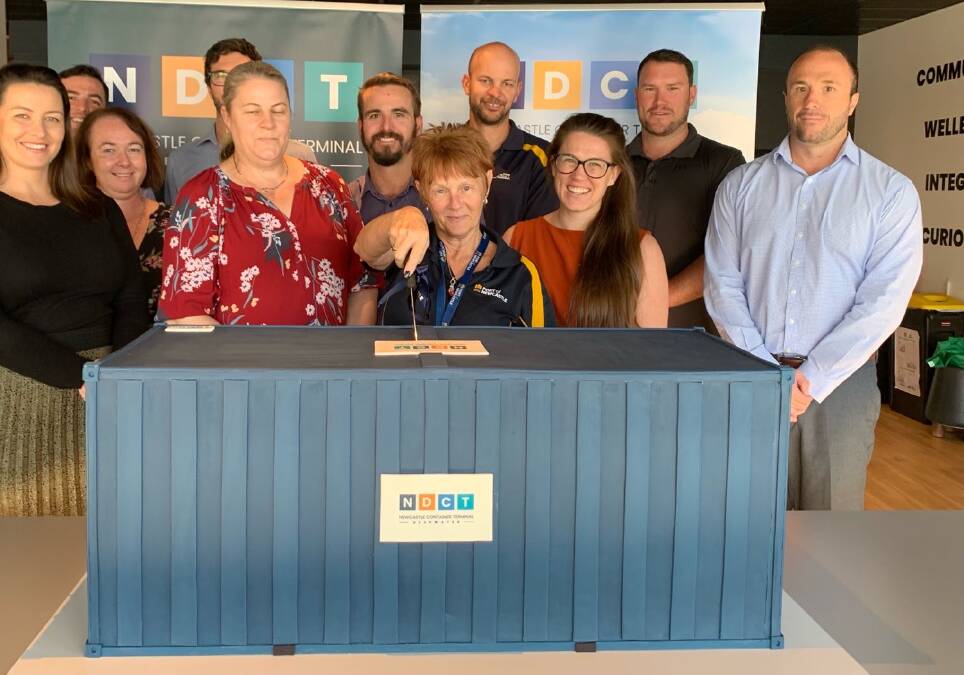
WE DON'T know precisely what it was that lurked within 19 Department of Infrastructure documents that apparently made their contents completely unsuitable for public consumption.
What we do know is that the reasons for rejection of this newspaper's request to examine the documents, which cover the period in which the previous federal government aborted pouring funds into developing a Newcastle container terminal, included that it might offer an insight into advice given to a minister and Cabinet processes.
The documents were also deemed to contain information about the Port of Newcastle's business affairs that could have a major impact. What that impact might have been, we don't know.
As the outrage over revelations about Scott Morrison holding portfolios unbeknownst to the Australian public shows, transparency and accountability in government remain enshrined in this nation's democracy. People expect to know where the buck stops, and why, regardless of which side of the political divide they fall upon.
Given the decision to withhold the documents here, we don't know exactly who decided what when in this case - a crucial one with major ripples for the Hunter economy. We don't know why the container terminal project was scuttled in the throes of an election campaign.
It is not always rejection that heralds what we aren't allowed to know. The release of documents so heavily redacted they resemble black-out curtains is a form of sophistry that insults the intelligence of voters.
While there are certainly some documents that must remain behind closed doors to preserve confidentiality until their day is done, such as those released in recent years regarding Gough Whitlam's dismissal, there is a genuine concern that such justifications can be employed as smokescreens to shield against valid, timely accountability.
This newspaper's Your Right to Know campaign has not ever been about journalists, really. It's about taxpayers having a cogent idea of how that money is spent, who decided what and why things that affect them are unfolding in the shape they have taken. Reportage is simply a method to reveal these machinations for you, the reader whose vote could shape the next government. How it is cast likely depends on the available facts when you enter the ballot box, and this newspaper's journalists work hard to increase that base of knowledge in Newcastle and the Hunter Region.
What we do know is that a University of Notre Dame and University of Illinois at Chicago study found that municipality borrowing costs increased in statistically significant ways in "news deserts", or places where these questions aren't posed. We do know the question matters only as much as the answer it gleans can reveal.
So, precisely when will voters be guaranteed a straight answer? It's hard to know.







